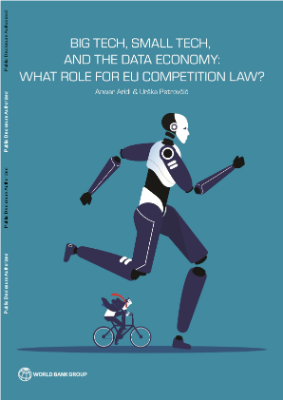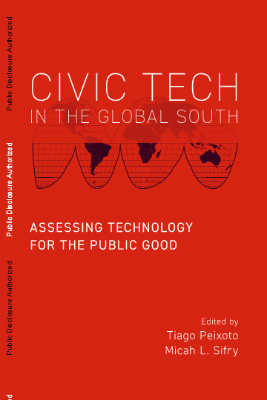The role that competition law plays (or should play) in the data economy has been at the center of the policy debate in multiple countries. The proliferation of data into different fields of the economy presents a tremendous opportunity for economic growth. Data permits companies to improve the quality of the products and services that they offer to consumers. It also enables companies to reduce their costs, increase their efficiency, and identify new business opportunities. Reliance on data can therefore enhance the competitiveness of firms and the economy more generally. However, there is a concern that the data economy has given rise to increasingly concentrated markets, where a small number of firms has gained disproportionate market power. Some commentators have argued that the reason for the emergence of large firms with highly entrenched market positions is the weak enforcement of competition law that has failed to keep up with the development of the data economy. Those comments have initiated a general debate that has by now spread across many continents and that questions whether there is a need to strengthen, or at least revise, the enforcement of competition law to promote the development of a competitive data economy.
In the United States, there have been several suggestions on how to address the challenges the data economy poses for antitrust enforcement. Some commentators have argued that there is a need to break up or curtail the so-called tech giants. Others have advocated for changes to the existing antitrust regime. For example, a 2019 report published by the Stigler Center at the University of Chicago argues that the specific features of digital platforms make markets prone to tipping, which refers to a situation in which a singular player gains control over the entire market. The report also argues that these specific features render the market power of digital incumbents entrenched and difficult to challenge, which in turn diminishes the market’s ability to self-correct. The report suggests that to address that issue, US courts ought to strengthen antitrust scrutiny for digital platforms by, among other things, relaxing some of the existing legal doctrines.
Although a similar debate about the need to strengthen the antitrust enforcement in the data economy has emerged across the Atlantic, some commentators have suggested that the European Union should weaken its enforcement. Siemens’ proposed acquisition of Alstom, a French manufacturer of high-speed trains, which the European Commission prohibited in 2019, presents a relevant example. Critics of the Commission’s decision have argued that relaxing the enforcement of competition law is necessary to facilitate the development of EU champions that would be better positioned to compete in the global arena. Although Siemens and Alstom are firms that are active in traditional industries, the proposal to weaken competition-law enforcement seems particularly appealing in the context of the data economy, given that the European Union has not been home of tech companies of comparable size as those that have emerged in the United States and China.











